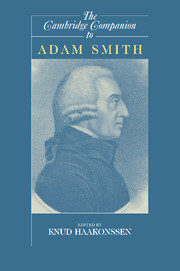Critical consideration of Le Malade imaginaire is often shaped by the fact that Molière, playing the hypochondriac of the title, Argan, fell ill during the fourth performance of the work and died later that evening, on 17 February 1673. With this in mind, it is impossible not to be aware of the striking irony of the play's cheerful discussion of death, of the scenes in which Argan pretends to be dead (III, 12-14) and of his invective against Molière's stage depictions of the medical profession. In III, 3, for example, Argan declares that 'si j'étais que des médecins, je me vengerais de son impertinence; et, quand il sera malade, je le laisserais mourir sans secours' ['if I were a doctor, I would avenge his impertinence and, when he falls ill, I would leave him to die without any assistance']. With hindsight, his words seem almost prophetic, but there is no reason to believe that, in writing Le Malade imaginaire, Molière was somehow anticipating his own death. Rather, he was entering a new and challenging period of his theatrical career at the pinnacle of his creative inspiration, having just had his theatre renovated at great expense and having recently taken on a new musical collaborator.
While Molière was a genuine 'malade', Argan is only a 'malade imaginaire'. When Toinette and later Béralde (the two most sensible characters of the play) ask Argan what exactly is wrong with him, he is unable to provide a specific answer and responds instead with righteous indignation.


